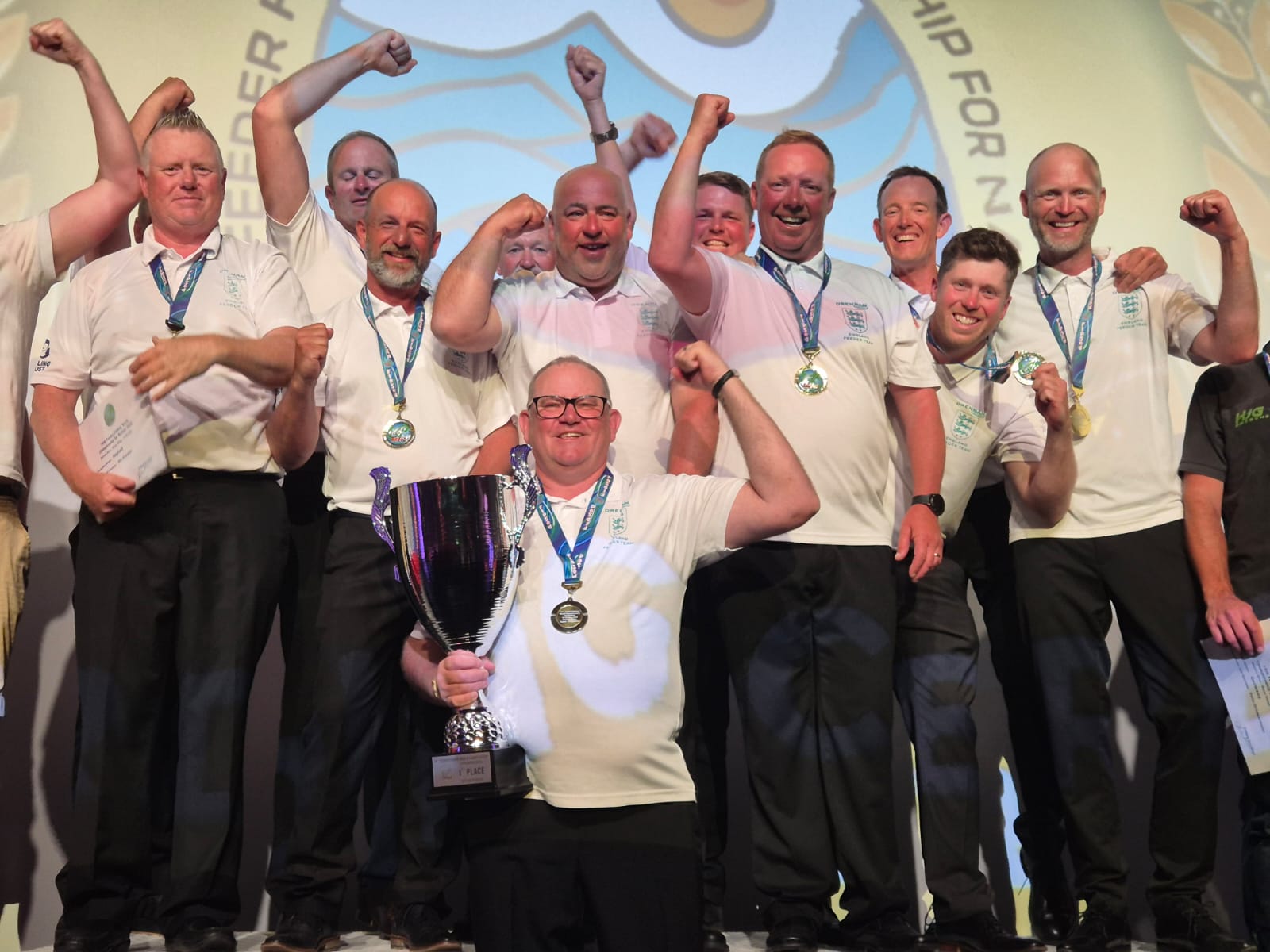
Blogpost
A Catch-Up on the IFCAs: Management of the English Blue Belt
Hannah Rudd, Campaigns Officer, provides an update on the marine protected area work of the Association of Inshore Fisheries and Conservation Authorities in light of the English Blue Belt Symposium.
On Monday 9th March myself and David Mitchell – Head of Marine – travelled to the prestigious Fishmongers Hall in Central London to hear from the Association of the Inshore Fisheries and Conservation Authorities (IFCAs) about their work over the past twelve months toward the management of the English Blue Belt.
So firstly, what is the English Blue Belt? Simply put this is the network of marine protected areas (MPAs) within English waters. Currently there are 144 MPAs within areas designated for governance by the IFCAs with plans to further expand our blue belt continually growing. There is pressure globally to commit to 30% of our seas to be protected by 2030 in order to give them the urgent recovery they deserve from centuries of unsustainable exploitation. Here in the UK we are leading the way on this and have already given over 30% of our seas the designated marine protection it warrants.
Marine protected areas are a vital source of management to enable species hit hard by commercial overfishing and habitat destruction to recover over time. Ultimately this is beneficial to recreational anglers as it safeguards the future of the sport through protecting fish stocks and allowing fish to grow larger, on average, over time.
Whilst at the symposium we were delivered updates from a diversity of case studies and it was refreshing to hear recreational angling being both mentioned and considered in management plans. It is clear that work by the Angling Trust for the concerns of recreational anglers to be recognised and respected as legitimate stakeholders in the management of our waters is growing in support.
The Angling Trust has been working closely with various IFCAs across England to ensure that the voices of recreational anglers are heard when new management plans are put in place. For example, when implementing the Kingmere Marine Conservation Zone (MCZ) in Sussex the Angling Trust collaborated with the Sussex IFCA to enable anglers to be able to keep up to four black bream per person per day when fishing inside the MCZ. At the Symposium it was wonderful to hear of the success to-date at the site of the Kingmere Marine Conservation Zone thanks to the protection of the black seabream breeding grounds, alongside the cooperation of recreational anglers in maintaining management of this important conservation zone.
Other successes in Sussex that the Angling Trust were involved with also include the landmark decision to ban trawler fishing in order to allow the valuable kelp forests to recover from decades of habitat destruction. As you may know, kelp forests are an integral habitat for a variety of species within our seas, as well as also been important nursery grounds and a valuable carbon sink. Protecting crucial ecosystems like these is integral for safeguarding the future of sea angling here in the UK.
Much of the Angling Trust’s work over the last twelve months has also focused on reforming the inshore netting bylaws. Progress on this has been made on this across a few of England’s IFCAs, including the Devon & Severn IFCA, the Cornwall IFCA and the Southern IFCA, who have all made amendments to their bylaws to ban, or at least heavily restrict, netting within estuaries located in their districts. You can read more about reforming inshore netting here.
The Angling Trust will continue to fight for the voice of recreational anglers in the management of our English blue belt over the next twelve months with the aim of creating a better tomorrow for the sport through protecting our precious marine environments and standing up for your fishing rights.
You might also like

BRONZE FOR ENGLAND VETERANS AS MASTERS AND DISABLED GO…

The Angling Mental Health Initiative’s Let’s Go Fishing events…

What to do if fish are gasping or spawning.…

WORLD CHAMPS GOLD FIRMLY IN THE SIGHTS OF ENGLAND…

We Fish as One supports Pride Month 2025

Sunglasses giant backs Angling Trust

Join in with the Check, Clean, Dry campaign this…

From TikTok to the classroom – Orchard School follows…

DRENNAN ENGLAND FEEDER TEAM WIN WORLD CHAMPS!

Family fishing at Aston Park Fisheries where have a…

Let’s Go Fishing By The Sea! – AMHI deliver…

FOURTEEN SIDES ALREADY THROUGH TO SUPERCUP ROUND 2!

BRONZE FOR ENGLAND VETERANS AS MASTERS AND DISABLED GO…

The Angling Mental Health Initiative’s Let’s Go Fishing events…

What to do if fish are gasping or spawning.…

WORLD CHAMPS GOLD FIRMLY IN THE SIGHTS OF ENGLAND…

We Fish as One supports Pride Month 2025

Sunglasses giant backs Angling Trust

Join in with the Check, Clean, Dry campaign this…

From TikTok to the classroom – Orchard School follows…

DRENNAN ENGLAND FEEDER TEAM WIN WORLD CHAMPS!

Family fishing at Aston Park Fisheries where have a…

Let’s Go Fishing By The Sea! – AMHI deliver…

FOURTEEN SIDES ALREADY THROUGH TO SUPERCUP ROUND 2!

BRONZE FOR ENGLAND VETERANS AS MASTERS AND DISABLED GO…

The Angling Mental Health Initiative’s Let’s Go Fishing events…

What to do if fish are gasping or spawning.…

WORLD CHAMPS GOLD FIRMLY IN THE SIGHTS OF ENGLAND…

We Fish as One supports Pride Month 2025

Sunglasses giant backs Angling Trust

Join in with the Check, Clean, Dry campaign this…

From TikTok to the classroom – Orchard School follows…

DRENNAN ENGLAND FEEDER TEAM WIN WORLD CHAMPS!

Family fishing at Aston Park Fisheries where have a…

Let’s Go Fishing By The Sea! – AMHI deliver…









